Subgrantee Group
Fundamental Social Motivations Influence the Meaningfulness of Religion and Science
Principal Investigator: Kathryn A. Johnson, Arizona State University
People need to make sense of the world in order to survive, flourish, and reproduce. Both Religion and Science may provide systems of meaning. I propose that the extent to which an individual relies on Religion and/or Science as systems of meaning depends partly upon the challenges he or she faces and motivated cognition. The proposed research would draw upon Fundamental Motives Theory (Kenrick, Griskevicius, Neuberg, & Schaller, 2010) which posits that a set of social motivations has evolved for meeting life’s challenges: self-protection, disease avoidance, affiliation, status-seeking, mate acquisition, and parenting. Social motivations become more or less salient for a person or group depending on ecology, social context, and life-history. Further, Self-determination Theory (Ryan & Deci, 2000) suggests that whether an individual turns to Religion or Science may also depend on the intrinsic motivation of autonomy.
The proposed research would investigate the extent to which the endorsement of Religion and/or Science as a meaning-making system is differentially predicted by specific fundamental social motivations and moderated by self-determination as a motive or value (Hypotheses, pages 6-7). I will administer a set of surveys and experiments designed to activate each motive. The results would have broad implications, and I plan to explore whether similar cultural and ecological factors might help explain the acceptance of Science as a distinct meaning-making system in the 1700’s (Wootton, 2016). It is possible that modern science was and is only possible in a context in which self-determination has become a primary psychological motivation.

